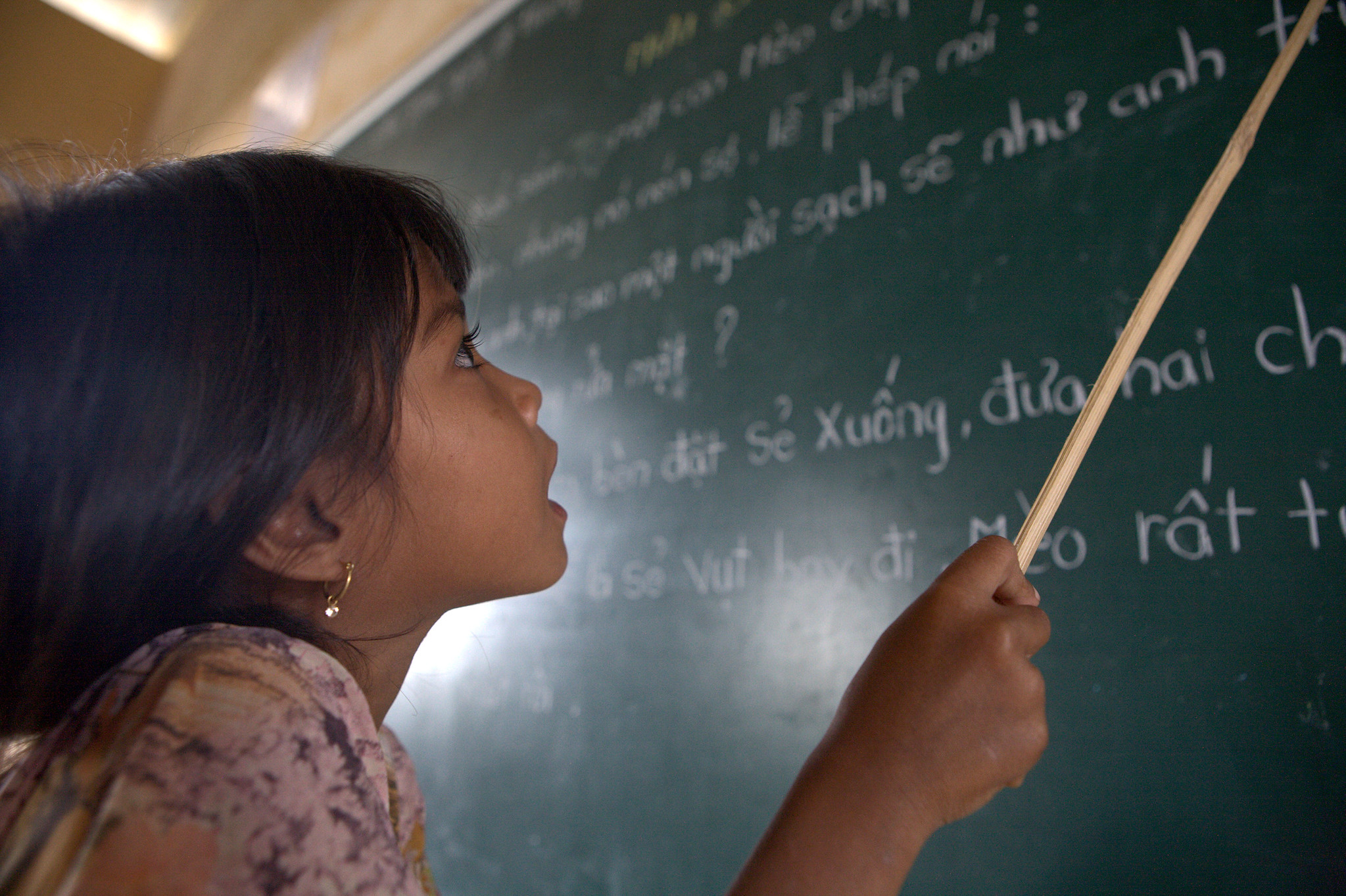I got to be part of a panel yesterday at the UN, grandly titled “Conceptualizing a Set of Sustainable Development Goals - A Special Event of the Second Committee of the UN General Assembly.” I was excited to be there not just because of the location and topic, but also because of considerable respect for the rest of the panel, including Andrew Revkin of the NYT Dot Earth blog, WRI’s Manish Bapna and Oxfam’s Kate Raworth. There was also a surprise appearance by Shamshad Akhtar, Assistant Secretary-General for Economic and Social Affairs (and my old boss from the World Bank). There does seem to be real interest in the SDGs at the UN: there was someone sitting at pretty much every country seat and there was standing room only for civil society groups at the back of the room.
A highlight of the panel discussion was Kate’s presentation of donut/doughnut economics. The idea, broadly, is that all of humanity should live between two states. First, they should live outside of the ‘donut hole’ of absolute poverty and lack of access to things like food and water, education, health, energy, jobs, equity and equality. That’s what Kate calls the social foundation. But, second, it is important that humanity also lives inside the donut’s outer ring, what she terms the ‘environmental ceiling.’ That involves not putting too much stress on planetary systems including the climate and ozone layer, freshwater and biodiversity. You can quibble with details of the priority systems, and the links between ‘hole’ issues and ‘ceiling’ issues (I might, too). But as a broad framing device for a set of UN goals on what we want the planet to look like, the donut is great. And Kate is flexible enough that she said it could be renamed bagel economics if it will bring New York on board. Image Credit: Oxfam
Image Credit: Oxfam- Easiest: old goal areas, non-controversial measures, simple to forecast plausible rates of progress. That would include things like halving child mortality by 2030 or an average global life expectancy of 75 years.
- Easy(ish): old goal areas, non-controversial measures, more difficult to forecast plausible rates of progress. Examples include zero $1.25 poverty by 2030, less than one in ten of world living below $2 a day, universal basic literacy.
- A little harder: new goal areas, non-controversial measures, simple to forecast plausible rates of progress. Perhaps “halted, and begun to reverse, trends towards greater population disparities in the number of girls and boys at age five in every country where such trends have been manifest” or “reduce global military expenditure expressed as a proportion of global output by one third of its proportion in 2010.”
- Hard: new goal areas, non-controversial measures, progress on the basis of past trends completely not good enough to do the job. Examples: halted (by 2020) and reversed growth in global greenhouse gas emissions, prevented the extinction of known threatened species. (The advantage of this language, pretty key to a strong environmental sustainability leg of any new set of development goals, is it is largely implied or lifted from existing UN language either from the Cancun UNFCCC or the Nagoya Biodiversity conference.)
- Really hard: new goal areas, controversial measures. Think governance, security, equity. I’m not sure we’ll get to simple numerical time bound goals that cover the waterfront in such areas. But maybe we could get in some partial measures that would make a real difference (even just by the act of measuring them). As it might be: rising proportion of the world with a legal identification, declining percentage of people who have been victims of domestic violence (the most common form of violence worldwide).
- Pretty much impossible: global governance. I suggested as an example the idea of the UK giving up its UN Security Council seat to India while France gives up its seat to the European Union (it has a Peace Prize, you know). The audience laughed.
Disclaimer
CGD blog posts reflect the views of the authors, drawing on prior research and experience in their areas of expertise. CGD is a nonpartisan, independent organization and does not take institutional positions.





